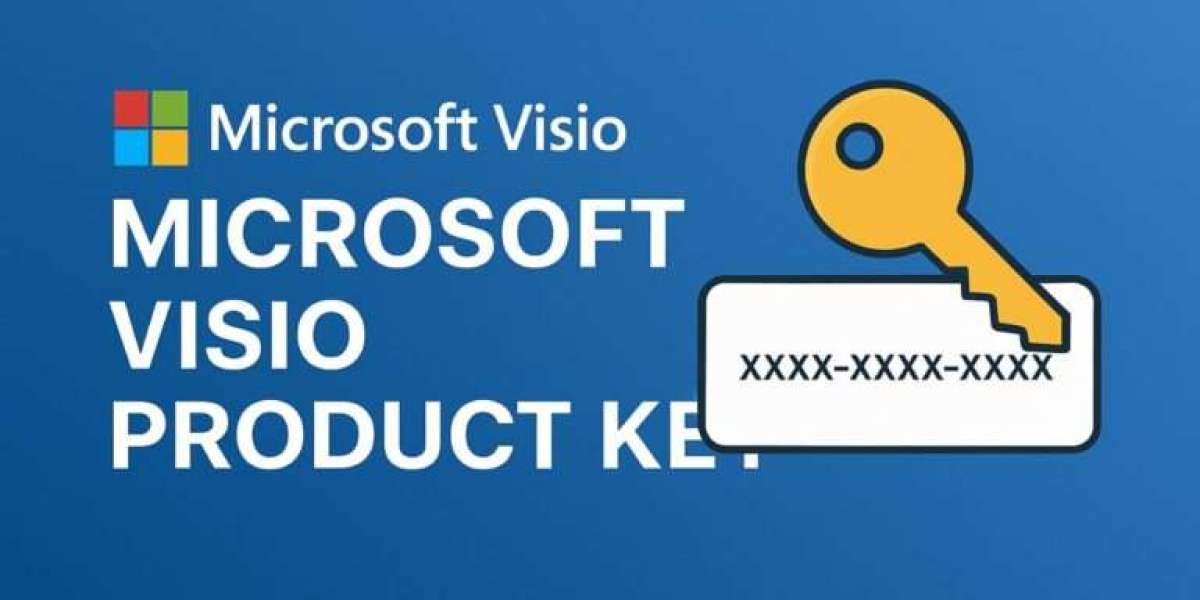In the ever-evolving world of software and digital tools, activation and licensing have become essential components of product distribution. Whether you're using a professional application, a game, or a business tool, chances are you'll need a license key to unlock its full features. That’s where the concept of a key generator comes in.
You may have seen or heard of key generators online, but what exactly are they? Are they legal? How do they work, and what risks are associated with using them? This article will answer these questions and help you understand the true nature of key generators.
What Is a Key Generator?
A key generator—often shortened to keygen—is a program designed to create unique license keys or serial numbers. These keys mimic the codes generated by original software vendors, enabling users to unlock software features or bypass trial restrictions.
While the basic function of a key generator is technical, its usage can fall into legal or illegal territory depending on how and why it is used.
How Key Generators Work
Software products often come with a license verification system that checks whether the entered key is valid. A key generator is created by analyzing this verification process and then reproducing it to generate keys that match the required format or validation pattern.
For example, if a piece of software accepts keys that follow a format like XXXX-XXXX-XXXX-XXXX, and includes a checksum or hash validation, the key generator attempts to replicate that format. Some use brute-force attempts, while others are programmed to follow the exact logic used by the software vendor’s licensing system.
Common Uses of Key Generators
1. Software Cracking (Illegal Use)
The most widespread (and controversial) use of key generators is to illegally activate software without purchasing a valid license. This allows users to bypass paywalls and access premium features for free—though it comes with serious legal and ethical implications.
2. Internal Testing by Developers (Legal Use)
Some software development teams use key generators during internal testing to simulate how real licenses will function across systems. This is a legitimate use, usually isolated within a controlled environment.
3. Educational or Research Purposes
Security analysts and ethical hackers often examine keygens to learn about software vulnerabilities and licensing loopholes. This research helps in improving digital rights management (DRM) systems and strengthening licensing protection.
Risks of Using Key Generators
While keygens may sound convenient, using them irresponsibly or illegally can lead to major problems:
Malware Infections: Many keygens found online contain malicious code, including viruses, ransomware, and spyware.
Legal Issues: Downloading or using cracked software and keygens can violate copyright laws, leading to potential lawsuits or penalties.
No Support or Updates: Illegally activated software is often blocked from receiving updates or customer support.
Unreliable Functionality: Generated keys might not work as intended, causing errors, crashes, or corrupted installations.
Safer and Legal Alternatives
Instead of relying on unauthorized key generators, consider these legitimate options:
Open Source Software: Free alternatives to commercial software exist for many needs—like GIMP for image editing or LibreOffice for word processing.
Freemium Tools: Some applications offer free basic versions with the option to upgrade for more features.
Student/Education Discounts: Many companies provide discounted or free access to students, educators, and nonprofits.
Trial Versions: Most professional-grade software allows you to try it out before making a purchase.
Final Thoughts
The idea behind a key generator is based on replicating licensing mechanisms, but its ethical and legal implications depend on how it's used. While developers and researchers may use key generators for valid reasons, most online keygens are associated with piracy and come with substantial risks.
If you're looking to access software legally and safely, there are numerous alternatives that protect your system and your rights. Avoid keygens from questionable sources, and always respect the intellectual property of software creators.



